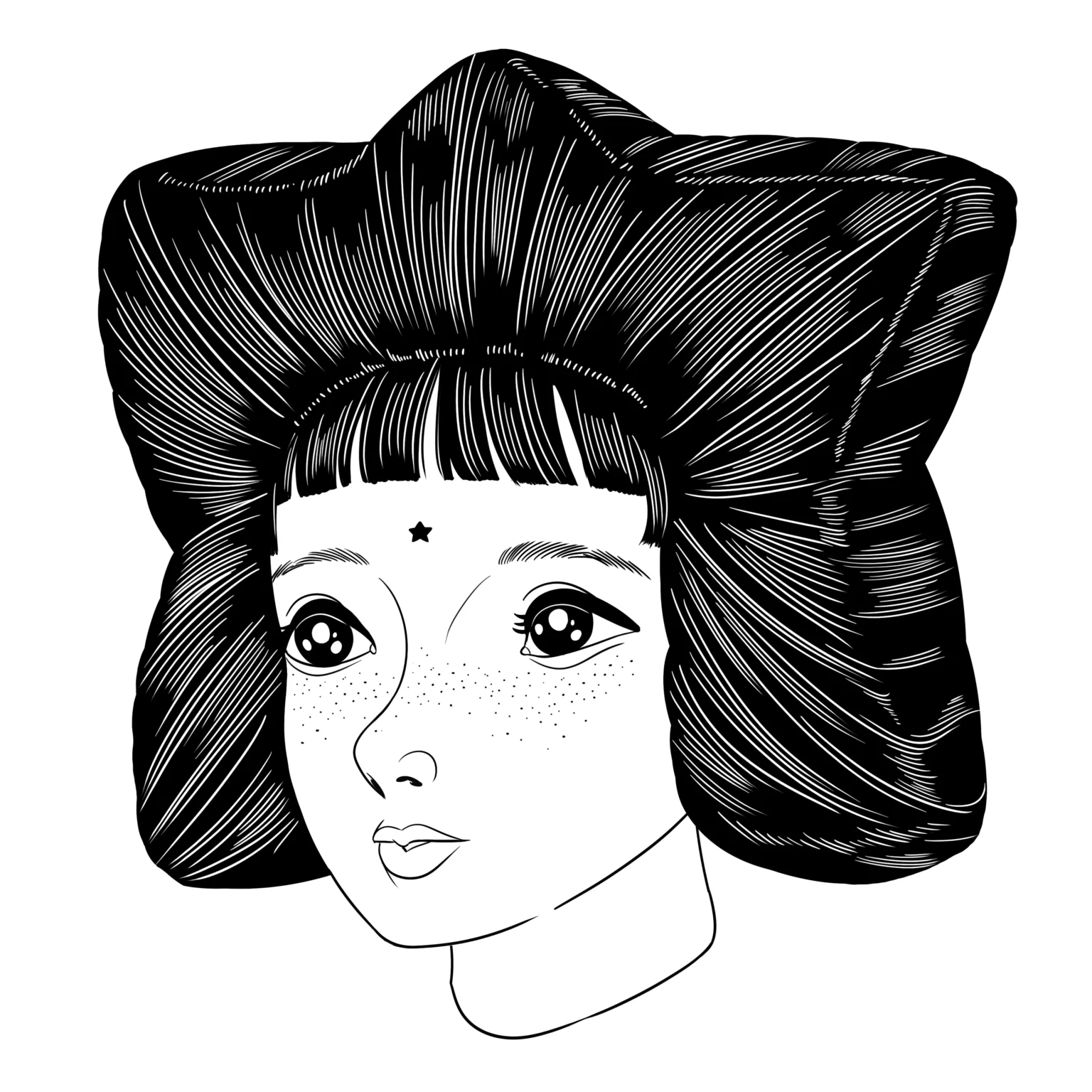Rae Armantrout is one of the most acclaimed and celebrated contemporary American poets. Her work has won numerous awards, including the Pulitzer Prize for Poetry, and is associated with a unique style of language that combines sharp wit, philosophical depth, and sophisticated imagery.
Her collections of poetry, such as One Thing and Versed, have been praised for their ability to capture the complexity of the human experience.
Armantrout’s poetic style is rooted in the Modernist tradition, but with an individualistic twist that challenges readers to explore the boundaries between the tangible and intangible.
Through her work, Armantrout invites readers to examine the power of language, and the ways that we can use it to access deeper truths about ourselves and the world around us.
In the collection One Thing, Armantrout showcases her ability to blend the materials of everyday life with thought-provoking observations and a refreshingly honest voice.
Overview of the Collection One Thing
One Thing is a collection of poems that exemplifies the key elements of Armantrout’s poetic style. The volume includes both new and older poems, and was published in 2018 by Copper Canyon Press.
The book’s title comes from a poem that opens the collection and serves as a refrain throughout the work. The volume is organised into three sections – ‘Adjunct,’ ‘Malignant,’ and ‘Harmless’—each of which explores different themes and provides a unique perspective on the world around us.
In One Thing, readers come across a diverse array of subjects and themes, from the simple joys of life to the complexities of love and death. The poems cover a range of subjects and moods, from humorous to philosophical, and convey an intimate, personal perspective on the world around us.
The blend of everyday, mundane activities with more philosophical or challenging subjects is a distinctive and key element of Armantrout’s poetic style.
Armantrout’s Poetic Style and Modernist Roots
Rae Armantrout is often described as a Modernist poet, and the formal and stylistic elements of her work reflect a Modernist influence.
The Modernist poetry movement of the early 20th century was a reaction to the earlier Romantic tradition, which emphasised the role of the imagination and the power of the artist. Modernist poets, including Armantrout, were interested in how language functions in the world around us.
In other words, Modernist poets wanted to explore the relationship between language and reality, and how words can shape and create meaning for us. Armantrout’s poetry often delves into the ways that language interacts with the world around us, and explores the boundaries between the tangible and the intangible.
The themes and perspectives that run throughout Armantrout’s work reflect an interest in these Modernist interests. Her poems explore the role of language in shaping and creating meaning, and address themes such as the role of the poet, the power of words and language, and the relationship between the psychological and the physical.
Themes in One Thing
The themes explored in One Thing reflect the Modernist interests explored by Rae Armantrout and her poetic style. The collection is divided into three sections: Adjunct, Malignant, and Harmless.
These sections each explore different themes, and provide a unique perspective on the world around us. Adjunct explores the role of language in shaping and creating meaning, and questions the significance of any one action in the world.
Malignant explores the relationship between the psychological and the physical and the ways that these can overlap and influence each other. Harmless explores the role of language in shaping and creating meaning, and questions the significance of any one action in the world.
Language and its power in One Thing
Throughout the collection, Armantrout uses language in a playful and experimental way. She challenges the reader to explore what language can and cannot do, and encourages us to expand our ideas about its potential.
In the poem ‘Adjunct,’ she writes: “Sometimes you think if you open your mouth you might find a diamond there, or the Statue of Liberty.” This line challenges readers to question their assumptions about the power and significance of language, and to think about what might be possible if we embrace the transformative potential of words.
In One Thing, Armantrout invites readers to explore what words can do and what they cannot do. By combining images and ideas in unexpected and inventive ways, her poetry challenges readers to broaden their ideas about what language is capable of.
Armantrout’s honest voice in One Thing
Rae Armantrout is often praised for the honesty and vulnerability that she brings to her poetry. In One Thing, her poetic voice is characterised by a blend of wit and philosophical depth, and an ability to explore the complexities of the human experience in a way that is simultaneously challenging and accessible.
Throughout the collection, Armantrout explores a range of subjects and themes, but with a consistent blend of honesty, humour, and a willingness to challenge her own assumptions and explore her vulnerabilities.
In the poem ‘Malignant,’ for example, she explores the relationship between the psychological and the physical, and the ways that these can overlap and influence each other.
In the poem, Armantrout examines her own relationship with pain, and the ways that her own psychological experience of pain can intersect with and influence her physical experience of it.
Examining the tangible and intangible in One Thing
Throughout the collection, Armantrout explores the relationship between the tangible and the intangible. In the poem ‘Adjunct,’ she writes: “You are supposed to be doing something, anything.
Something that matters, or at least appears to. Something you can take credit for.” Her exploration of the relationship between the tangible and the intangible is particularly evident in this poem. Armantrout’s exploration of these concepts is reflected in the structure of the collection.
The volume is divided into three sections: Adjunct, Malignant, and Harmless. These sections explore different themes, but all address the relationship between the tangible and the intangible.
Conclusion
In One Thing, Rae Armantrout showcases her ability to blend the materials of everyday life with thought-provoking observations and a refreshingly honest voice.
The collection explores the themes and interests of Armantrout’s poetic style, including the role of language in shaping and creating meaning, and the relationship between the psychological and the physical. These interests are explored in relation to the boundaries between the tangible and the intangible.
Throughout the collection, Armantrout uses a playful and experimental approach to language, inviting readers to explore the ways language can be used to access deeper truths about ourselves and the world around us.








